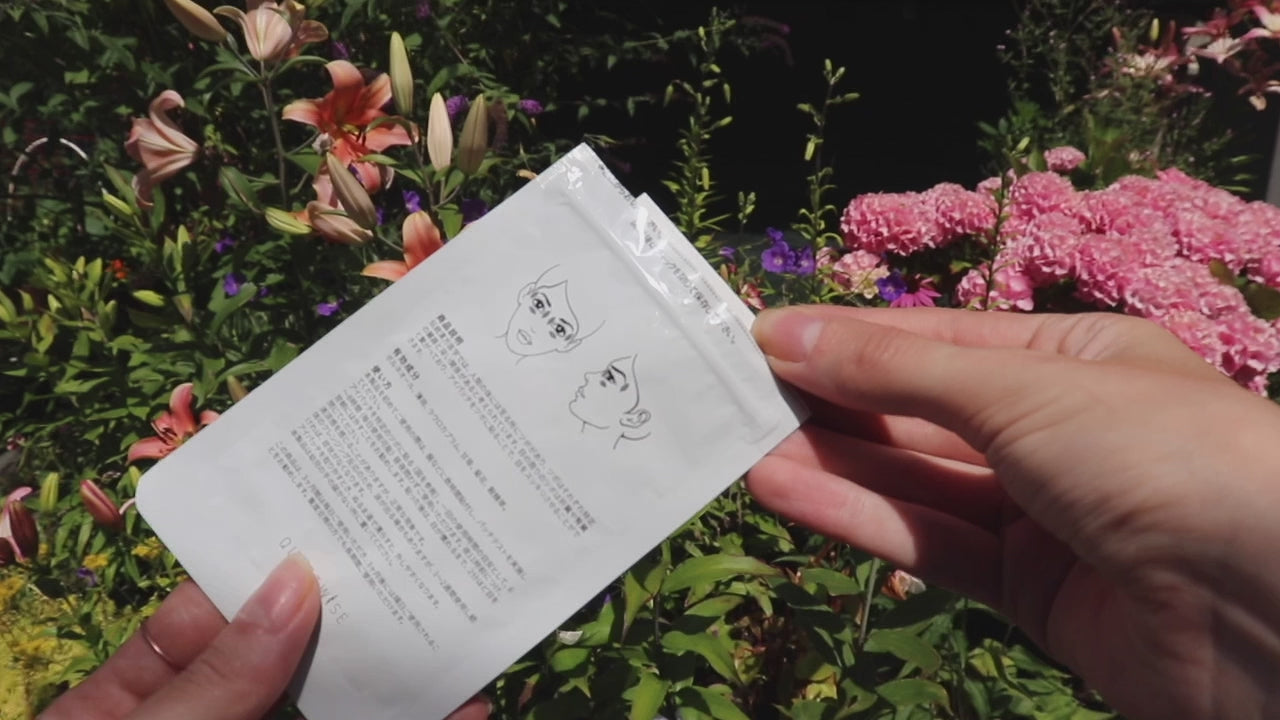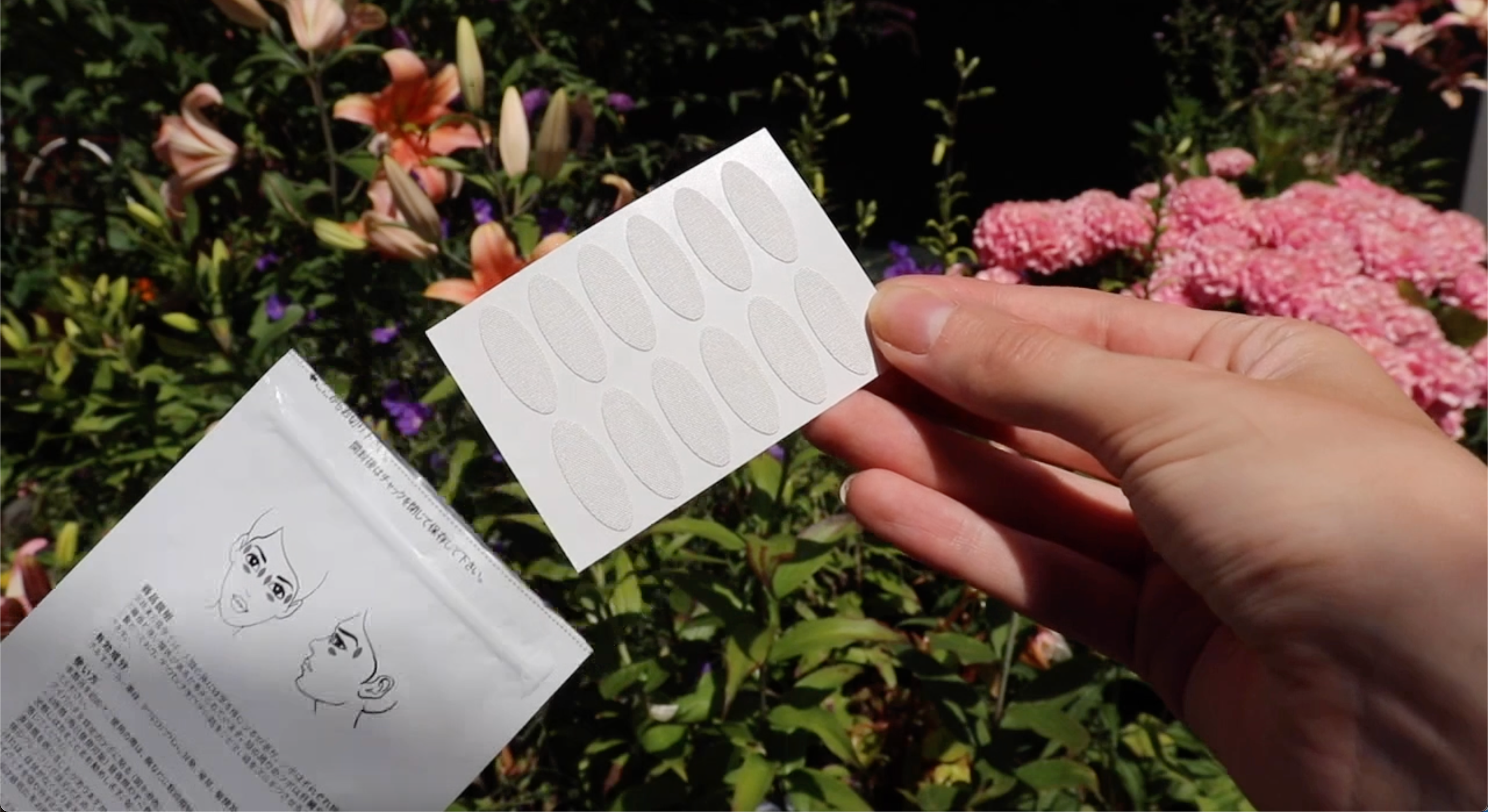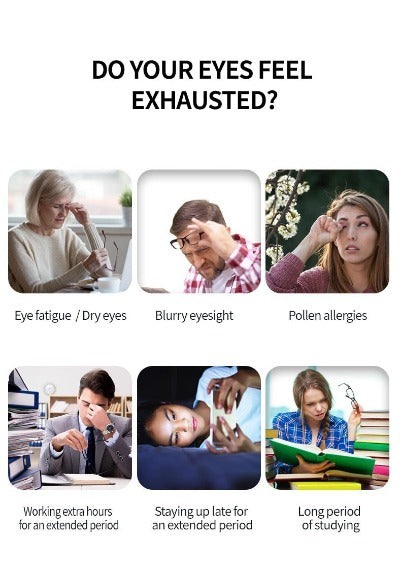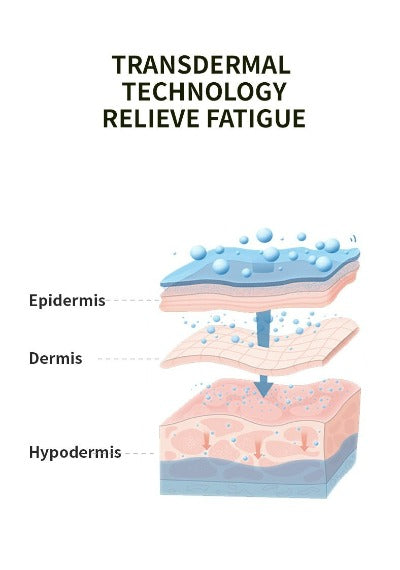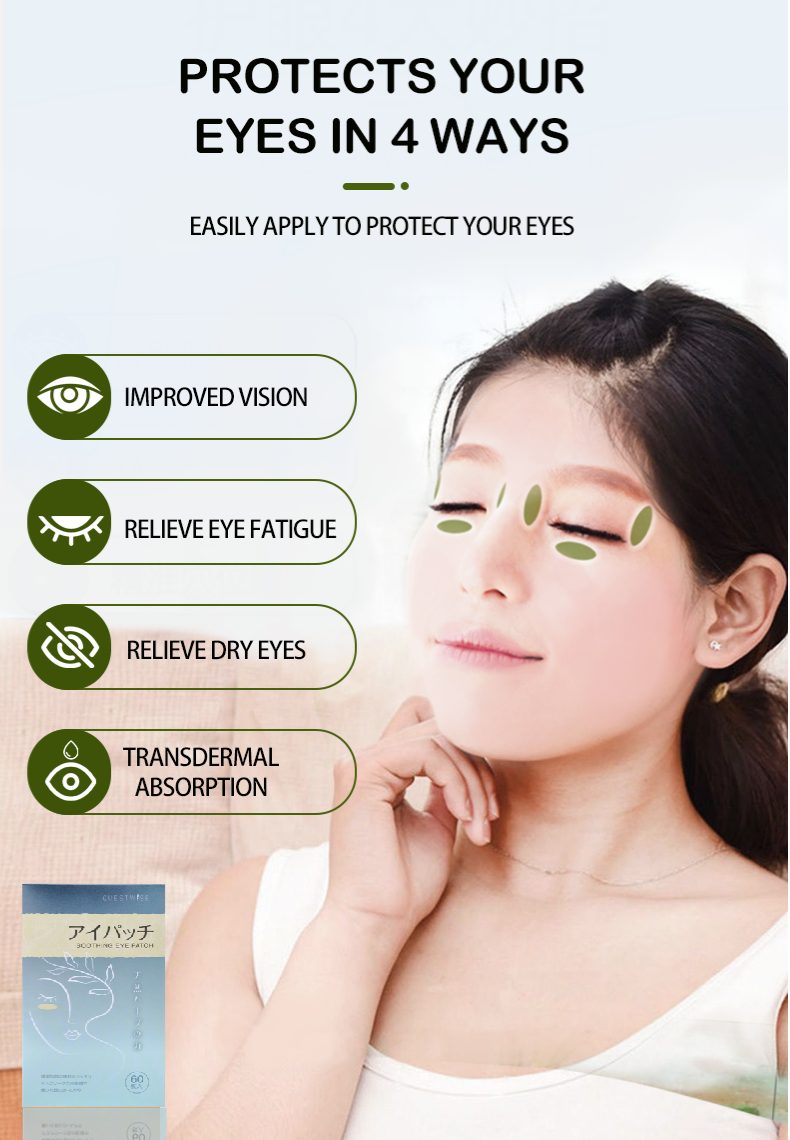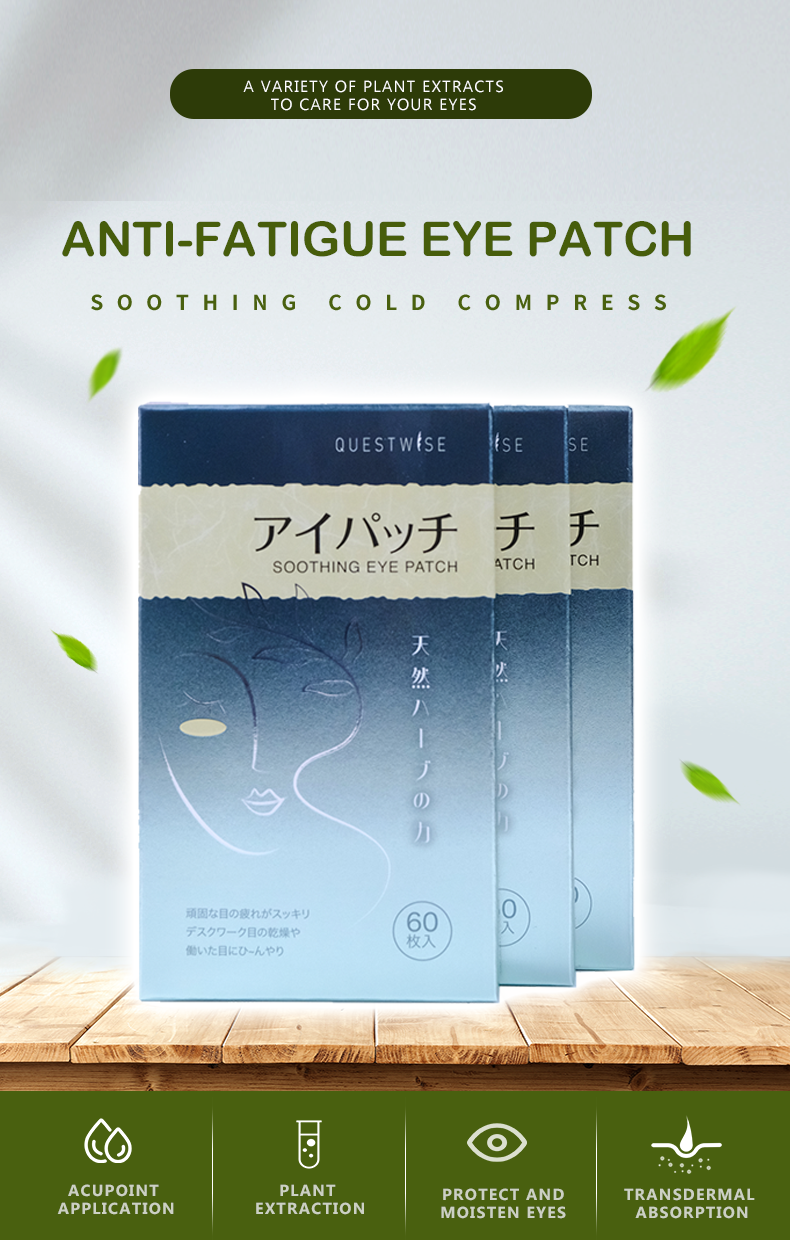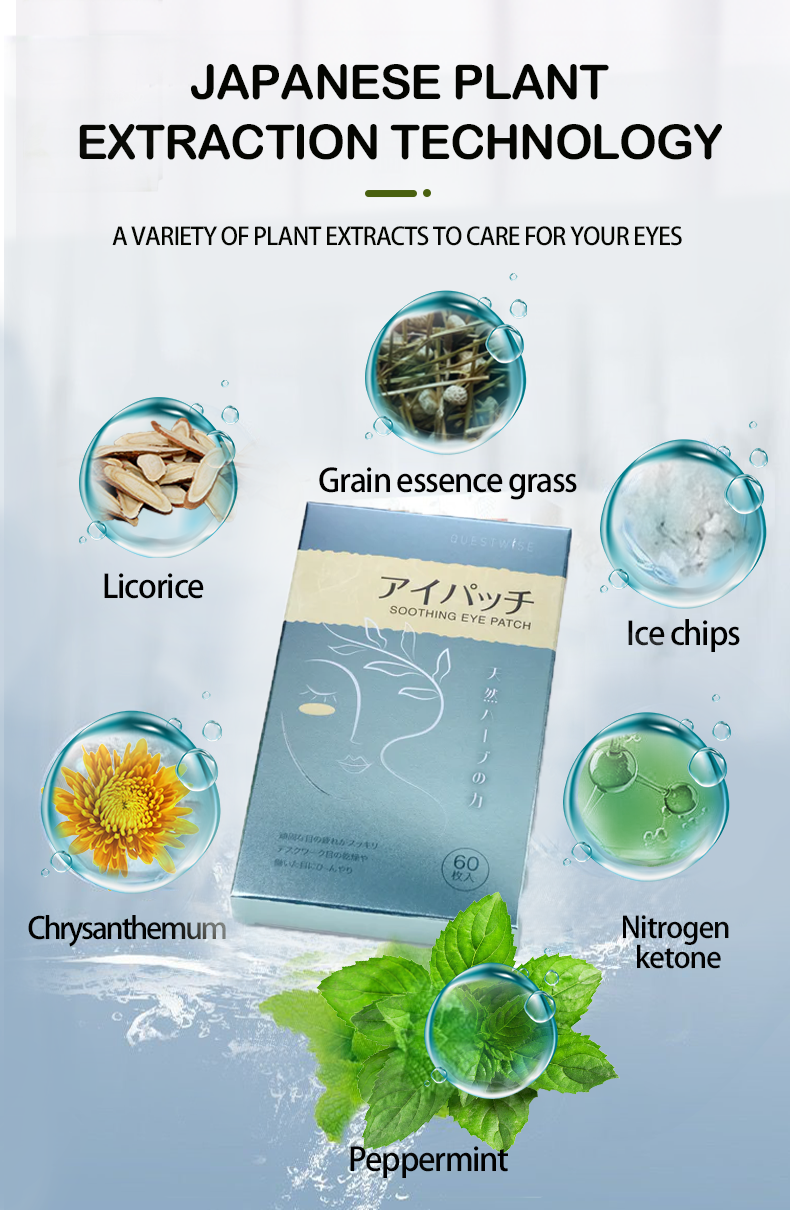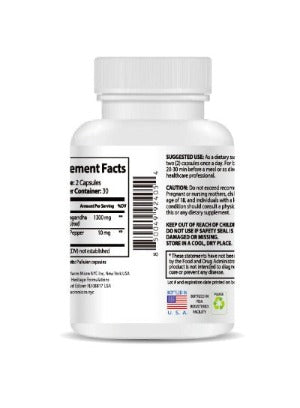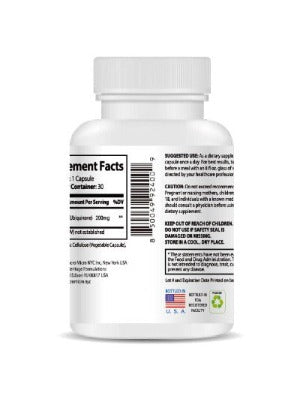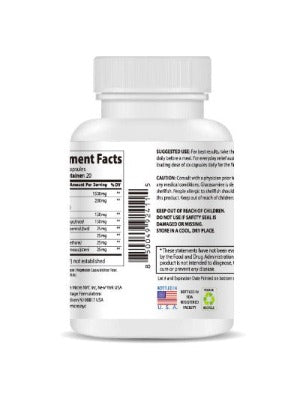Seasonal Pollen Eye Itch: When to See a Doctor
Ah, spring! Warmer weather, blossoming flowers, and... itchy, watery eyes? For many, the joy of spring is unfortunately accompanied by the misery of seasonal allergies. Pollen, the microscopic culprit behind this seasonal suffering, is a significant contributor to pollen eye itch. While mild allergy symptoms can often be managed at home, knowing when to seek professional medical attention is crucial for your eye health. This comprehensive guide will delve into the causes, symptoms, home remedies, and when it's time to consult a doctor for your pollen-induced eye irritation.
Understanding Pollen-Induced Eye Itch: A Deeper Dive
Pollen, released by plants during their reproductive cycle, acts as a highly effective allergen for many individuals. When pollen comes into contact with your eyes, your immune system, acting as a vigilant protector, may overreact, triggering an inflammatory response. This immune system overreaction is the root cause of the discomfort you feel. This inflammation leads to the classic symptoms of allergic conjunctivitis: itching, redness, burning, swelling, and excessive tearing. The severity of these symptoms varies depending on several factors, including individual sensitivity (some people are naturally more prone to pollen allergies), the type and concentration of pollen in the air, and the duration of exposure. Some individuals may experience only mild discomfort, while others face significantly more intense reactions that impact their daily lives. Understanding the nuances of your individual response is key to effective management.
The Science Behind the Itch: Understanding the Inflammatory Cascade
When pollen enters the eye, specialized immune cells, such as mast cells, release histamine and other inflammatory mediators. Histamine is a key player in the allergic response. It causes vasodilation (widening of blood vessels), which leads to redness and swelling. It also increases the permeability of blood vessels, causing fluid to leak into the tissues, resulting in the watery, itchy eyes characteristic of allergic conjunctivitis. Other mediators contribute to the discomfort, leading to the burning sensation and intense itching. This complex interplay of immune responses is why the symptoms of pollen allergies can be so varied and sometimes intense.
The body's attempt to protect itself from the perceived threat of pollen can result in significant discomfort. It's crucial to remember that while the itching is a symptom, it's also a signal that your immune system is actively responding to a perceived threat. The intensity of this response can vary widely from person to person, leading to vastly different experiences of allergy symptoms.
Different Types of Pollen and Their Impact
It's important to note that not all pollen is created equal. Different plants release different types of pollen, and these can vary significantly in their allergenic potential. Tree pollen, for example, is often a major culprit in early spring allergies, while grass pollen tends to peak in late spring and summer. Weed pollen, such as ragweed, is a common cause of fall allergies. Understanding which types of pollen are most prevalent in your region during different times of the year can help you anticipate and prepare for potential allergy symptoms. This knowledge can also help you make informed decisions about when and where to spend time outdoors.
Home Remedies and Self-Care Strategies: When to Try Them
For mild pollen eye itch, a range of effective home remedies can offer significant relief and alleviate symptoms. These simple strategies can often manage mild cases effectively, avoiding the need for immediate medical attention. Effective self-care measures include:
- Cool Compresses: Applying cool, damp compresses to your eyes can help reduce swelling and soothe inflammation. The coolness helps constrict blood vessels, reducing redness and alleviating the itching sensation.
- Artificial Tears: Artificial tears (lubricating eye drops) can help wash away pollen and provide lubrication, reducing dryness and irritation. These are readily available over the counter and are generally safe for frequent use.
- Over-the-Counter Antihistamine Eye Drops: These drops can help block the effects of histamine, reducing itching, redness, and swelling. Always follow the instructions on the packaging, and don't hesitate to consult a pharmacist if you have any questions.
- Over-the-Counter Oral Antihistamines: These medications can provide broader relief by addressing systemic histamine release. However, be aware of potential side effects like drowsiness before operating machinery or driving.
- Avoid Irritants: Minimize rubbing your eyes, as this can worsen irritation and potentially lead to infection. Also, try to avoid smoky environments, as smoke can exacerbate eye irritation. Protecting your eyes from additional irritants is crucial in managing your symptoms effectively.
- Saline Nasal Spray: Although primarily used for nasal congestion, saline sprays can help clear nasal passages, which can reduce post-nasal drip that irritates the eyes.
When to Seek Professional Help: Recognizing Warning Signs
While home remedies can be effective for managing mild symptoms, knowing when to seek professional help is crucial for your eye health. Here are some warning signs that indicate you should consult a doctor:
- Severe Symptoms: If your pollen eye itch is so severe that it interferes with your daily activities, such as sleep, work, or concentration, it's important to seek medical attention. This level of disruption suggests the need for more robust treatment strategies.
- Persistent Symptoms: If your symptoms persist for more than two weeks despite consistent use of home remedies, it is important to consult a healthcare professional to rule out other conditions or determine if a different treatment approach is needed. Chronic symptoms may indicate a need for stronger medication or alternative treatment methods.
- Secondary Infection: Constant rubbing of itchy eyes increases the risk of secondary infections. Signs of infection include increased pain, yellow or green discharge, and fever. Seek immediate medical attention if you suspect an infection. Infections can severely compromise eye health, requiring prompt medical intervention.
- Vision Changes: Any changes in your vision, such as blurred vision, light sensitivity (photophobia), or halos around lights, accompanying eye itching, requires prompt medical attention. These are serious symptoms that necessitate immediate evaluation by a healthcare professional.
- Unresponsive Symptoms: If over-the-counter treatments fail to provide relief, a doctor can assess the situation and recommend more appropriate medications or treatments. A doctor can provide a more precise diagnosis and tailored treatment plan.
Find Relief with Wise Quest Soothing Eye Patches
For soothing relief from eye discomfort, consider trying the Wise Quest Soothing Eye Patches - 3-Month Wellness Pack. These patches, harnessing the power of traditional Chinese herbal medicine, fundamentally relieve eye fatigue, eye dryness, eye astringency, eye redness, and swelling caused by long hours in front of screens or environmental irritants like pollen. They promote healthy blood circulation, helping to relieve most eye discomfort and disease. While these patches can offer comfort and reduce symptoms associated with pollen allergies, they are not a substitute for professional medical advice. If you are experiencing persistent or severe symptoms, always consult a doctor.

The patches offer a complementary approach to managing eye discomfort, but professional medical attention remains crucial for diagnosis and treatment of underlying conditions. They can provide soothing relief but should not be relied upon as the sole treatment for severe or persistent symptoms.
Prevention and Long-Term Management of Pollen Allergies
Beyond addressing existing symptoms, taking proactive steps to prevent or minimize pollen exposure is essential for long-term management of pollen allergies. These preventive measures can significantly reduce the frequency and intensity of your symptoms:
- Monitor Pollen Counts: Pay close attention to daily pollen forecasts in your local area and plan outdoor activities accordingly. Avoid peak pollen times, generally early morning and late afternoon. Many weather apps and websites provide detailed pollen forecasts.
- Limit Outdoor Time: During peak pollen seasons, reduce your exposure to the outdoors, especially during high pollen count periods. Consider indoor activities during these times.
- Wear Sunglasses: Sunglasses provide a physical barrier, preventing pollen from directly entering your eyes. Choose wraparound styles for better protection.
- Wash Your Face and Hair: After spending time outdoors, thoroughly wash your face and hair to remove any accumulated pollen. This simple step can make a big difference.
- Air Purifiers: Consider using an air purifier with a HEPA filter to remove pollen from the air inside your home. This can significantly reduce indoor pollen levels.
- Shower Before Bed: Showering before bed helps remove pollen that may have accumulated on your skin and hair, reducing nighttime symptoms. This helps ensure a cleaner sleeping environment.
- Consider Allergy Shots: For severe or persistent allergies, your doctor may recommend allergy immunotherapy (allergy shots). These shots gradually desensitize your immune system to pollen over time.
By understanding the causes and symptoms of pollen-induced eye itch, employing effective home remedies, and knowing when to seek professional help, you can effectively manage your allergies and enjoy the beauty of spring without the discomfort. Remember, early intervention and a proactive approach to managing pollen allergies can greatly improve your quality of life. Don't hesitate to consult with your doctor or allergist to discuss the best treatment plan for your individual needs.



